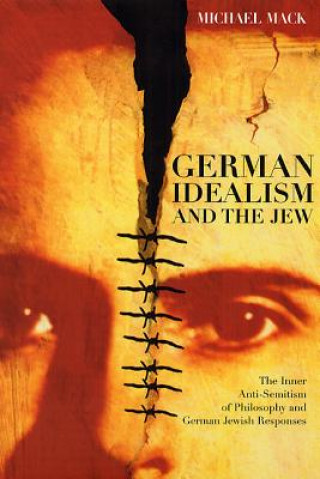
Kod: 04547145
German Idealism and the Jew
Autor Michael Mack
In "German Idealism and the Jew", Michael Mack uncovers the deep roots of anti-Semitism in the German philosophical tradition. While many have read German anti-Semitism as a reaction against Enlightenment philosophy, Mack instead ... więcej
- Język:
 Angielski
Angielski - Oprawa: Twarda
- Liczba stron: 224
Wydawca: University of Chicago Press, 2003
- Więcej informacji o książce

486.66 zł

Dostępna u dostawcy w małych ilościach
Wysyłamy za 14 - 18 dni
Potrzebujesz więcej egzemplarzy?Jeżeli jesteś zainteresowany zakupem większej ilości egzemplarzy, skontaktuj się z nami, aby sprawdzić ich dostępność.
Dodaj do schowka
Zobacz książki o podobnej tematyce
-
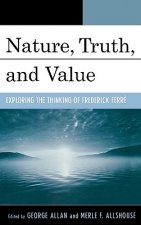
Nature, Truth, and Value
812.34 zł -

Freedom from Meltdowns
167.22 zł -

Firebird
79.47 zł -23 %
Bon podarunkowy: Radość gwarantowana
- Podaruj bon o dowolnej wartości, a my się zajmiemy resztą.
- Bon podarunkowy dotyczy całej naszej oferty.
- Możesz wydrukować elektroniczny bon z e-maila a następnie przekazać go obdarowanemu.
- Ważność bonu wynosi 12 miesięcy od daty wystawienia.
Więcej informacji o German Idealism and the Jew
Za ten zakup dostaniesz 283 punkty
 Opis
Opis
In "German Idealism and the Jew", Michael Mack uncovers the deep roots of anti-Semitism in the German philosophical tradition. While many have read German anti-Semitism as a reaction against Enlightenment philosophy, Mack instead contends that the redefinition of the Jews as irrational, oriental Others forms the very cornerstone of German idealism, including Kant's conception of universal reason. Offering the first analytical account of the connection between anti-Semitism and philosophy, Mack begins his exploration by showing how the fundamental thinkers in the German idealist tradition - Kant, Hegel, and, through them, Feuerbach and Wagner - argued that the human world should perform and enact the promises held out by a conception of an otherworldly heaven. But their respective philosophies all ran aground on the belief that the worldly proved incapable of transforming itself into this otherworldly ideal. To reconcile this incommensurability, Mack argues, philosophers created a construction of Jews as symbolic of the "worldliness" that hindered the development of a body politic and that served as a foil to Kantian autonomy and rationality. In the second part, Mack examines how Moses Mendelssohn, Heinrich Heine, Franz Rosenzweig and Freud, among others, grappled with being both German and Jewish. Each thinker accepted the philosophies of Kant and Hegel, in varying degrees, while simultaneously critiquing anti-Semitism in order to develop the modern Jewish notion of what it meant to be enlightened - a concept that differed substantially from that of Kant, Hegel, Feuerbach and Wagner. By speaking the unspoken in German philosophy, this book profoundly reshapes our understanding of it.
 Szczegóły książki
Szczegóły książki
Kategoria Książki po angielsku Humanities Philosophy History of Western philosophy
486.66 zł
- Pełny tytuł: German Idealism and the Jew
- Podtytuł: The Inner Anti-Semitism of Philosophy and German Jewish Responses
- Autor: Michael Mack
- Język:
 Angielski
Angielski - Oprawa: Twarda
- Liczba stron: 224
- EAN: 9780226500942
- ID: 04547145
- Wydawca: University of Chicago Press
- Waga: 460 g
- Wymiary: 236 × 163 × 20 mm
- Data wydania: 15. July 2003
Ulubione w innej kategorii
-

Meditations
45.32 zł -14 % -

The Myth of Sisyphus
29.30 zł -4 % -

Why I Am so Clever
15.61 zł -21 % -

Meditations
50.46 zł -26 % -

Republic
57.71 zł -5 % -

Beyond Good and Evil
47.34 zł -23 % -

Gay Science
65.57 zł -4 % -

Aphorisms on Love and Hate
11.17 zł -26 % -
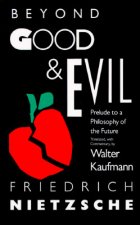
Beyond Good & Evil
61.14 zł -23 % -
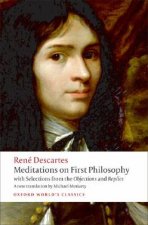
Meditations on First Philosophy
47.34 zł -23 % -
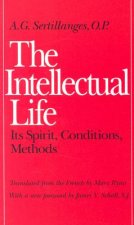
Intellectual Life
97.50 zł -5 % -

Socrates' Defence
15.30 zł -23 % -

Discourses, Fragments, Handbook
52.37 zł -15 % -

Ride the Tiger
105.76 zł -4 % -

Thus Spoke Zarathustra
47.04 zł -14 % -

Fear and Trembling
47.34 zł -23 % -
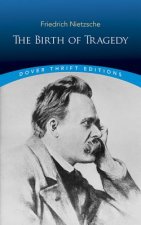
Birth of Tragedy
15.30 zł -23 % -
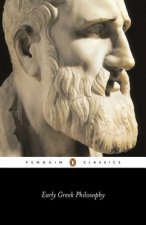
Early Greek Philosophy
61.14 zł -23 % -
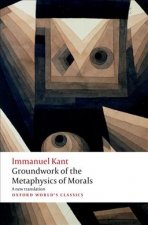
Groundwork for the Metaphysics of Morals
47.34 zł -23 % -
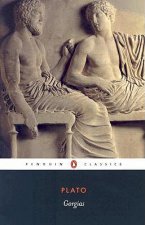
Gorgias
45.62 zł -5 % -
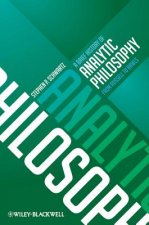
Brief History of Analytic Philosophy - From Russell to Rawls
163.89 zł -3 % -
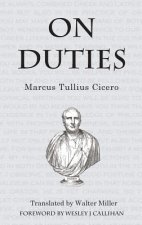
On Duties
57.51 zł -5 % -

Discourses and Selected Writings
52.37 zł -15 % -

Nicomachean Ethics
24.57 zł -23 % -

Nausea
47.34 zł -23 % -

Letters from a Stoic
47.34 zł -23 % -

Meditations
101.84 zł -4 % -

Simulacra and Simulation
86.12 zł -12 % -

Phenomenology of Spirit
93.68 zł -5 % -

Twilight of the Idols with The Antichrist and Ecce Homo
24.57 zł -23 % -

On Liberty, Utilitarianism and Other Essays
38.27 zł -23 % -
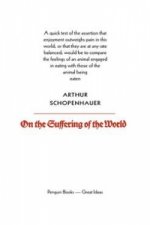
On the Suffering of the World
25.07 zł -26 % -

Human Condition
95.79 zł -4 % -

On the Shortness of Life
38.27 zł -14 % -

Existentialism Is a Humanism
45.52 zł -4 % -

Think
51.97 zł -23 % -

Guide to the Good Life
74.33 zł -9 % -
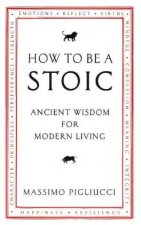
How To Be A Stoic
73.63 zł -15 % -

The Symposium
45.62 zł -5 % -

Human, All Too Human & Beyond Good and Evil
24.57 zł -23 % -

At The Existentialist Cafe
53.18 zł -3 % -
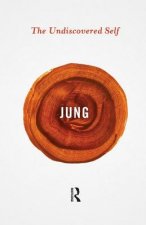
Undiscovered Self
121.58 zł -
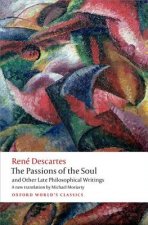
Passions of the Soul and Other Late Philosophical Writings
51.87 zł -23 % -
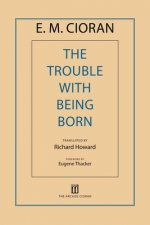
The Trouble With Being Born
65.57 zł -4 % -

Leviathan
24.57 zł -23 % -
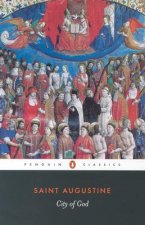
City of God
77.56 zł -5 % -

Ecce Homo
42.70 zł -23 % -
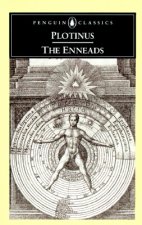
Enneads
70.41 zł -23 % -
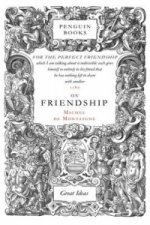
On Friendship
33.64 zł -23 %
zadowolonych klientów
Od roku 2008 obsłużyliśmy wielu miłośników książek, ale dla nas każdy był tym wyjątkowym.
Copyright! ©2008-24 libristo.pl Wszelkie prawa zastrzeżonePrywatnieCookies


 21 milionów książek
21 milionów książek Dostawa 10.99 zł
Dostawa 10.99 zł (32) 444 93 66 (8-15.30h)
(32) 444 93 66 (8-15.30h)